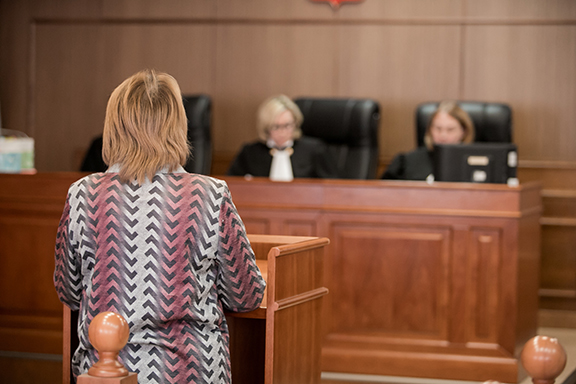

Family law practitioners face a myriad of strategic decisions when preparing for a custody trial. To promote a client’s interest, the attorney must ensure that every step in crafting the case, as well as the ultimate trial itself, is designed to prove to the trial court that the client/parent can best promote the child’s interests, which is the court’s paramount concern. Eschbach v. Eschbach, 436 N.E.2d 1260 (1982); See also Johnell E.K. v. Fatima T., 123 N.Y.S.3d 485 (1st Dept. 2020). To that end, the attorney must carefully consider whether the substantive testimony offered by a witness furthers these goals, whether the witness is a willing participant in the litigation, and whether the testimony offered will be viewed favorably by the court. These questions take on a particular significance when deciding whether to call a child’s therapist as a witness in a custody dispute.
In conflicted divorces, the child’s therapist plays a unique role. While the therapist likely offers an invaluable perspective regarding the needs and interests of his or her patient (the child), such a relationship must not be damaged by involving the therapist in litigation. Moreover, the child has a right to a confidential relationship with her therapist, and in divorce litigation, that therapist may be the child’s only buffer against inflammatory litigation and undue parental influence. It may be the child’s only safe space. The court takes this therapeutic relationship so seriously that a parent may not merely obtain the child therapist’s records by executing a HIPAA release.
Benefits of a Digital Membership:
- Free access to 3 articles* every 30 days
- Access to the entire ALM network of websites
- Unlimited access to the ALM suite of newsletters
- Build custom alerts on any search topic of your choosing
- Search by a wide range of topics